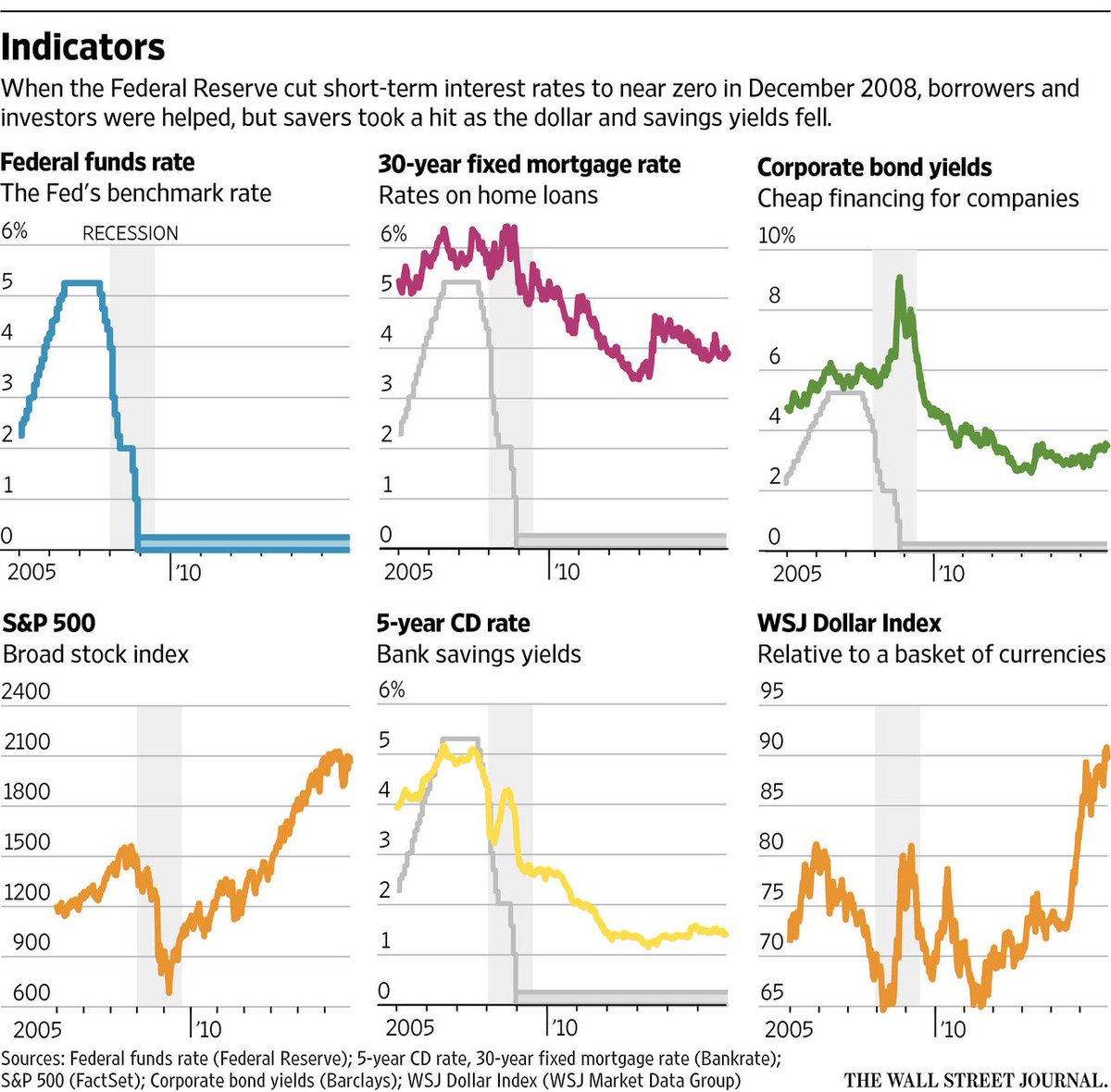Sticker Shock: Fed to Hike Rates First Time in NINE Years!
 Sticker Shock: Fed to Hike Rates First Time in NINE Years!
Sticker Shock: Fed to Hike Rates First Time in NINE Years!
Courtesy of Phil’s Stock World
A rate hike – what’s that?
 Sticker Shock: Fed to Hike Rates First Time in NINE Years!
Sticker Shock: Fed to Hike Rates First Time in NINE Years!
Courtesy of Phil’s Stock World
A rate hike – what’s that?